
Tripoli: The Hidden Gem of Lebanon
Tripoli, Lebanon's second-largest city, is a treasure trove of history and culture nestled along the Mediterranean coast. Known for its rich tapestry of ancient architecture, bustling souks, and warm hospitality, Tripoli offers an authentic Lebanese experience far removed from the well-trodden tourist paths of Beirut. Here, the old and the new blend seamlessly, creating a unique atmosphere that is both captivating and inviting. A stroll through Tripoli's ancient streets reveals an array of historical wonders. The city's medieval Citadel of Raymond de Saint-Gilles stands as a testament to its storied past, offering panoramic views of the city and its surroundings. The bustling old souks, filled with the scent of spices and the sounds of merchants, transport visitors back in time. Don't miss the stunning Mamluk architecture, exemplified by the Great Mosque and the Al-Muallaq Mosque, which are both significant landmarks in the city's Islamic heritage. Beyond its historical allure, Tripoli is also a culinary haven. The city is famous for its sweets, particularly the knafeh, which is a must-try for any visitor. The local cuisine, rich in flavors and traditions, reflects the diverse cultural influences that have shaped Tripoli over the centuries. Whether you're exploring the tranquil Al-Mina port area or enjoying a traditional meal in one of the city's many restaurants, Tripoli promises an unforgettable journey into the heart of Lebanon.
Local tips in Tripoli
- Visit the Citadel early in the morning to avoid crowds and enjoy the best views.
- Dress modestly when visiting religious sites out of respect for local customs.
- Try the local knafeh from a renowned bakery like Abdul Rahman Hallab & Sons.
- Explore the old souks to find unique souvenirs and experience the local market life.
- Take a stroll along the Al-Mina port area in the evening for a relaxing experience.
Tripoli: The Hidden Gem of Lebanon
Tripoli, Lebanon's second-largest city, is a treasure trove of history and culture nestled along the Mediterranean coast. Known for its rich tapestry of ancient architecture, bustling souks, and warm hospitality, Tripoli offers an authentic Lebanese experience far removed from the well-trodden tourist paths of Beirut. Here, the old and the new blend seamlessly, creating a unique atmosphere that is both captivating and inviting. A stroll through Tripoli's ancient streets reveals an array of historical wonders. The city's medieval Citadel of Raymond de Saint-Gilles stands as a testament to its storied past, offering panoramic views of the city and its surroundings. The bustling old souks, filled with the scent of spices and the sounds of merchants, transport visitors back in time. Don't miss the stunning Mamluk architecture, exemplified by the Great Mosque and the Al-Muallaq Mosque, which are both significant landmarks in the city's Islamic heritage. Beyond its historical allure, Tripoli is also a culinary haven. The city is famous for its sweets, particularly the knafeh, which is a must-try for any visitor. The local cuisine, rich in flavors and traditions, reflects the diverse cultural influences that have shaped Tripoli over the centuries. Whether you're exploring the tranquil Al-Mina port area or enjoying a traditional meal in one of the city's many restaurants, Tripoli promises an unforgettable journey into the heart of Lebanon.
When is the best time to go to Tripoli?
Iconic landmarks you can’t miss
Tripoli Citadel
Uncover the rich history and stunning architecture of Tripoli Citadel, a must-visit landmark showcasing Lebanon's cultural heritage.
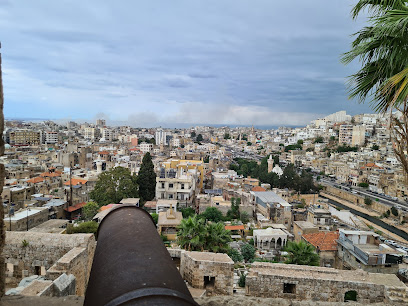
قصر الحلو Hallab 1881
Discover the rich heritage of Lebanese sweets at Hallab 1881, a bakery renowned for its delectable pastries and friendly ambiance in Tripoli.
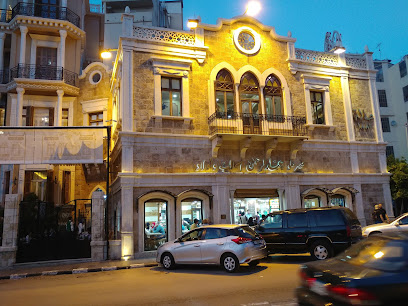
Dar Al Amar
Savor authentic Lebanese cuisine at Dar Al Amar in Tripoli, where tradition meets taste in a warm and inviting atmosphere.
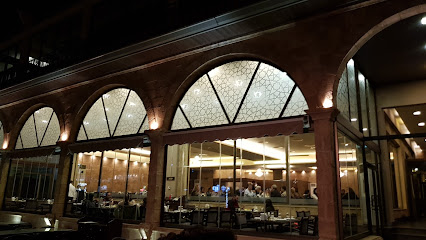
Al Manchieh Park
Experience Al Manchieh Park: A serene escape in Tripoli, Lebanon, perfect for nature lovers and families alike.
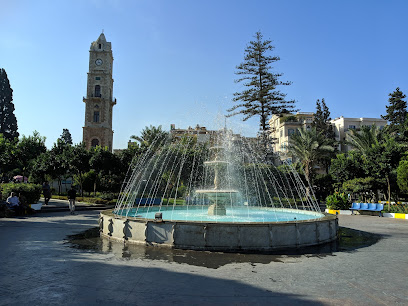
Rachid Karami International Fair by Oscar Niemeyer
Explore the architectural brilliance of Oscar Niemeyer at the Rachid Karami International Fair, a cultural hub in Tripoli showcasing modernist design and vibrant events.
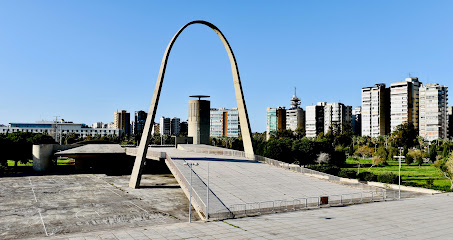
City Complex
Experience the vibrant shopping and cultural scene at City Complex in Tripoli, where local flavors and retail therapy come together.
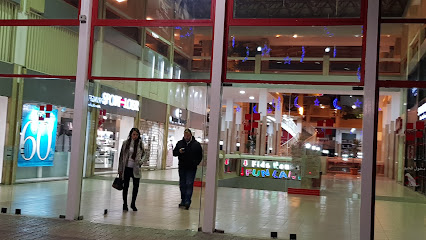
Al Hajj Ali
Experience the authentic taste of Lebanese cuisine at Al Hajj Ali in Tripoli, where traditional flavors meet warm hospitality in a vibrant setting.
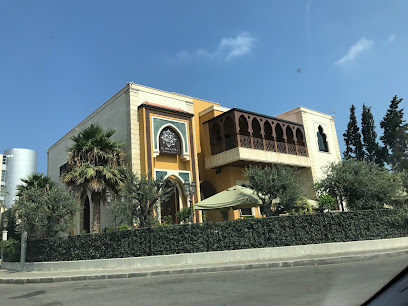
Taynal Mosque
Explore the Taynal Mosque in Tripoli, a stunning example of Mamluk architecture and a peaceful spiritual retreat rich in history.
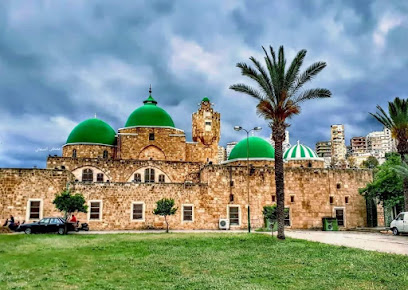
Khan al Saboun
Explore Khan al Saboun in Tripoli, the historic destination where handmade soaps and Lebanese culture come together in a fragrant experience.
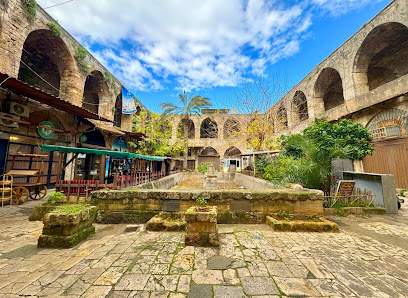
La Plaka
Explore the vibrant flavors of Tripoli at La Plaka, where exceptional cuisine meets a warm and inviting atmosphere.
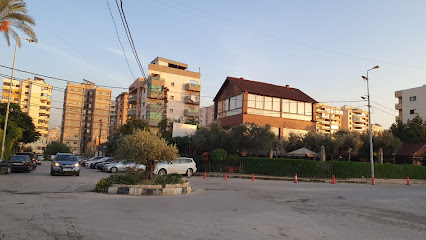
Al Mansouri Great Mosque
Discover the stunning Al Mansouri Great Mosque in Tripoli, a perfect blend of history, culture, and architectural beauty.
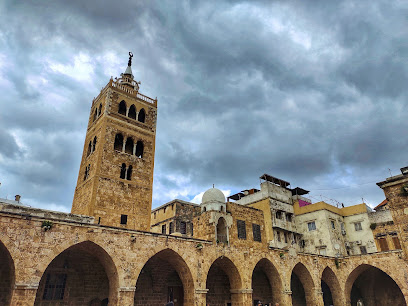
Sultan AbdulHamid Clocktower
Explore the Sultan AbdulHamid Clocktower, a historical gem in Tripoli, Lebanon, showcasing exquisite Ottoman architecture and vibrant local culture.
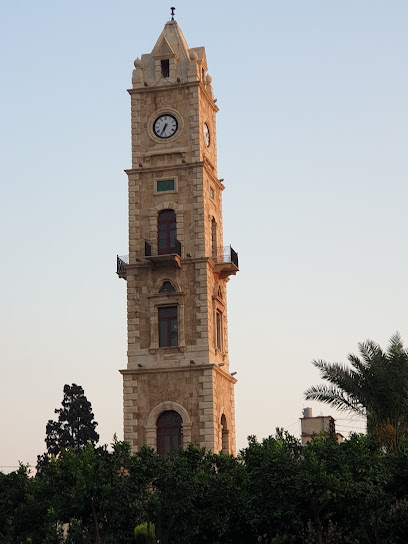
Souk Haraj
Discover the vibrant Souk Haraj in Tripoli, where history meets culture in a bustling marketplace filled with local crafts and delicious cuisine.
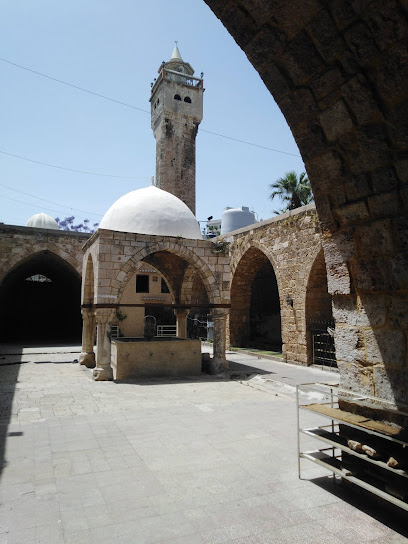
KEIF
Experience authentic Lebanese cuisine at KEIF in Tripoli, where tradition meets flavor in a delightful dining atmosphere.
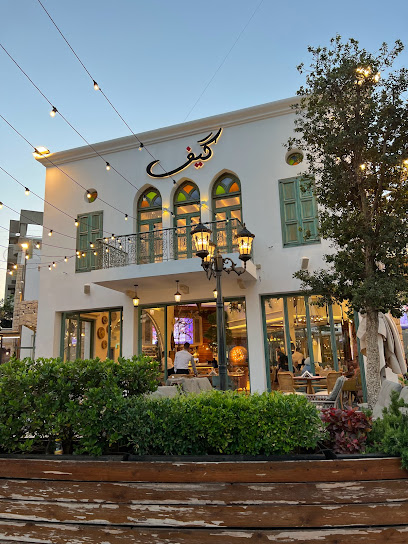
Palm Islands Nature Reserve
Explore the breathtaking Palm Islands Nature Reserve in Tripoli, where stunning scenery, diverse wildlife, and outdoor adventures await every traveler.
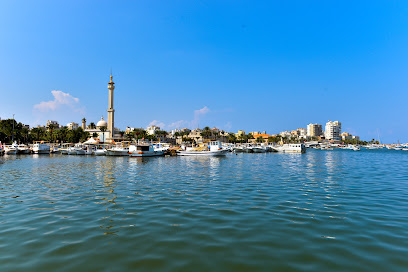
Unmissable attractions to see
Tripoli Citadel
Explore the historic Tripoli Citadel, a blend of Crusader, Mamluk, and Ottoman architecture with panoramic city views.
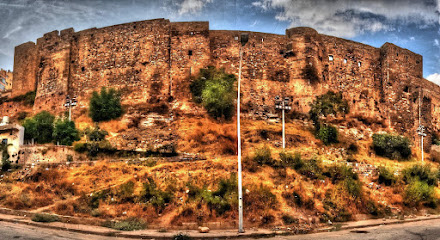
Al Manchieh Park
Escape to Tripoli's tranquil Al Manchieh Park: A green haven for relaxation, cultural immersion, and scenic beauty in the heart of the city.
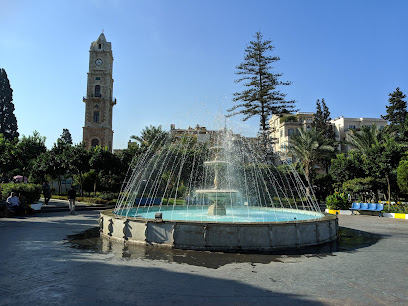
King Fahed Public Park
Escape to tranquility in the heart of Tripoli at King Fahed Public Park, offering green spaces, family fun, and a peaceful retreat.
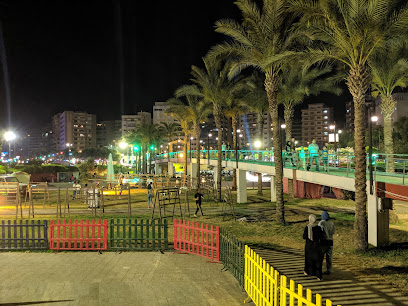
Taynal Public Garden
Discover tranquility in Tripoli's green heart: Explore diverse flora, serene paths, and cultural heritage at Taynal Public Garden.
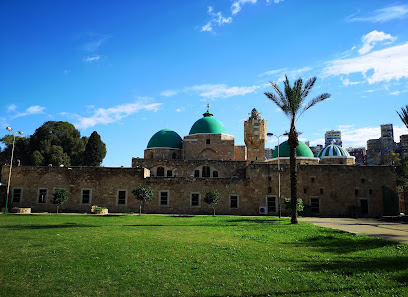
ساحة التل
استكشف ساحة التل في طرابلس: مزيج من التاريخ والثقافة والترفيه في قلب المدينة القديمة.
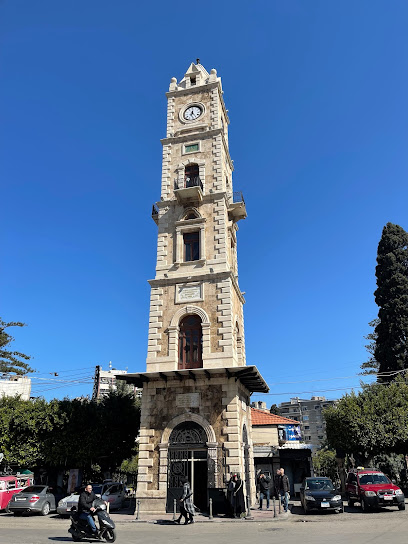
Tripoli Park
A refreshing urban oasis in Tripoli, offering a green escape for relaxation and recreation amidst the city's vibrant atmosphere.
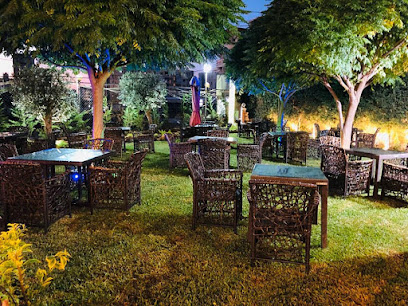
Old Train Station
Explore vintage locomotives and historical exhibits at the Old Train Station in Mina, a testament to Lebanon's railway history.
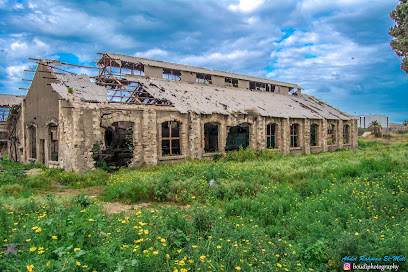
حديقة الايمان
Discover the beauty and tranquility of Hadiqat Al-Iman, a serene garden in Tripoli perfect for relaxation and family outings.
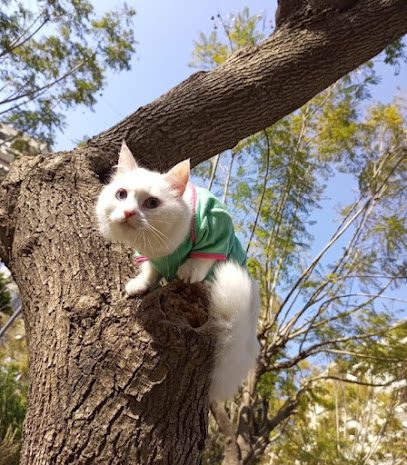
Al Qoubbe Park
Escape to Al Qoubbe Park in Tripoli: a serene urban oasis with lush landscapes, inviting pathways, and a tranquil atmosphere for all.
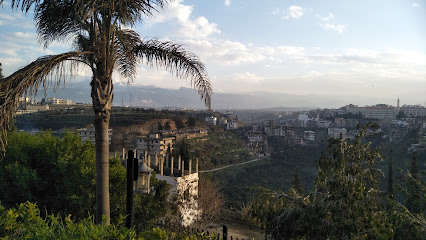
Barsbay Tower
Explore the historic Barsbay Tower in Tripoli, Lebanon: a 15th-century Mamluk fortress with unique architecture and stunning harbor views.
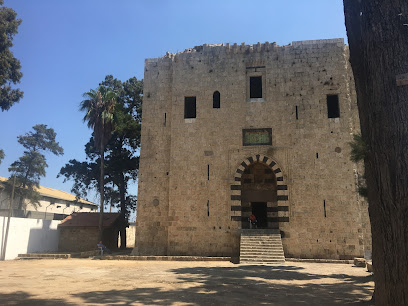
Burj Al-Sheikh Affan
Explore Burj Al-Sheikh Affan in Mina, Lebanon: A historical landmark offering a glimpse into the city's vibrant past and trading heritage.
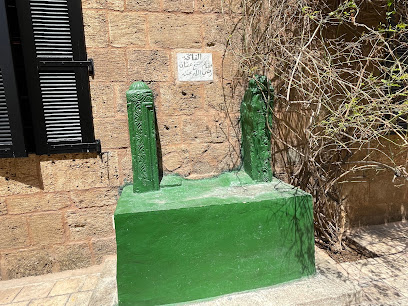
حمام النوري
Explore Hammam al-Nouri in Tripoli: A historic Mamluk bathhouse showcasing intricate architecture and cultural heritage, currently undergoing restoration.
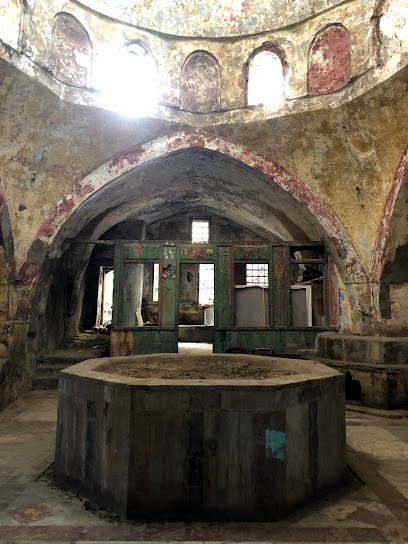
حديقة الملك يوسف مرعي
Escape to Tripoli's serene King Youssef Al-Mar'ei Garden: a peaceful retreat with colorful flowers, towering trees, and tranquil pathways.
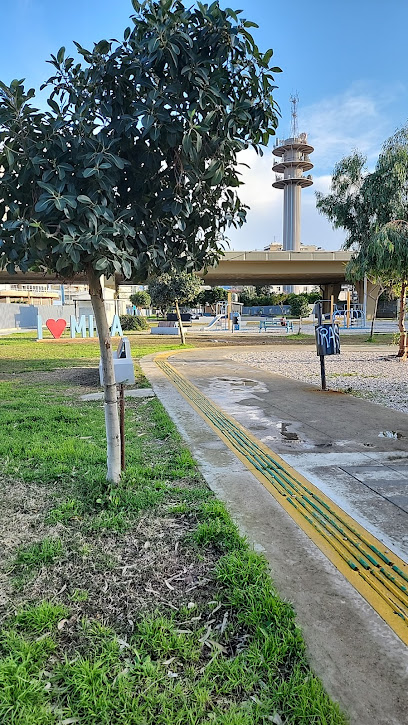
ساعة التل
An iconic Ottoman-era clock tower in Tripoli, Lebanon, commemorating Sultan Abdul Hamid II's reign and standing as a symbol of the city's history.
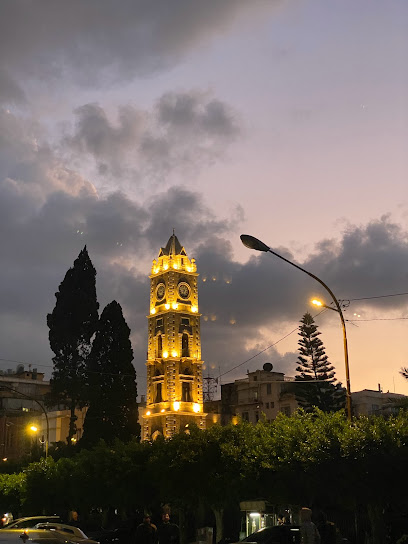
طلعة المهاترة
Discover Talat al-Muhatir in Tripoli, Lebanon, for breathtaking panoramic views, a tranquil escape, and a glimpse into the region's rich history.
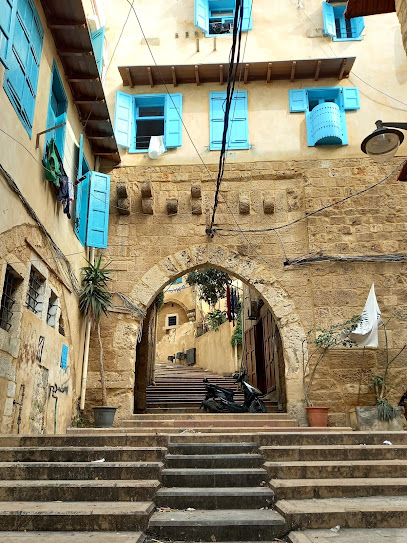
Essential places to dine
Punto Alto
Experience authentic Italian cuisine at Punto Alto in Tripoli - where every dish tells a story of Italy's rich culinary heritage.
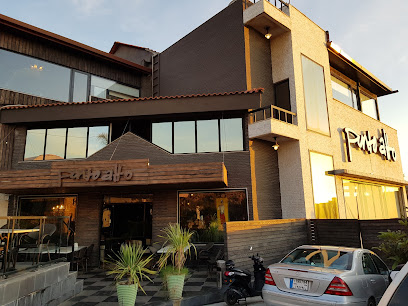
Dar Al Amar
Experience authentic Lebanese cuisine at Dar Al Amar in Tripoli - a culinary journey through flavorful mezze and traditional dishes.
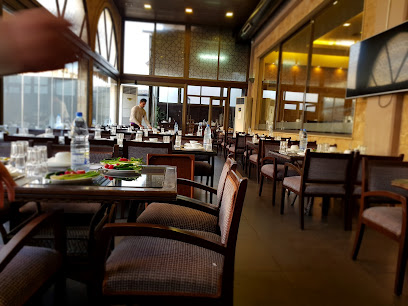
Baytna
Experience the rich flavors of Lebanon at Baytna in Tripoli—where tradition meets taste in every dish.
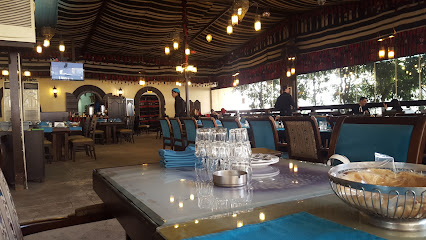
Al Hajj Ali
Savor authentic Lebanese flavors at Al Hajj Ali in Tripoli - where every dish tells a story.
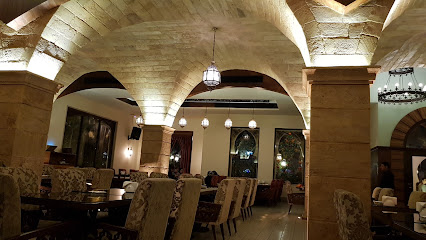
Sah Seh
Experience authentic Lebanese cuisine at Sah Seh in Tripoli – where tradition meets taste in every delightful dish.

La Plaka
Experience authentic Lebanese cuisine at La Plaka in Tripoli - where tradition meets modern dining in an inviting atmosphere.
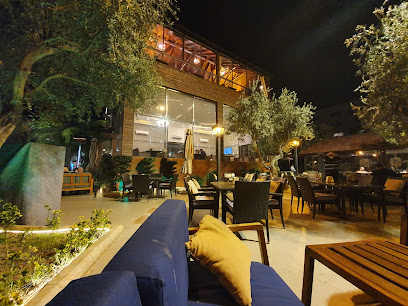
Baytna Express
Discover authentic Lebanese fast food at Baytna Express in Tripoli – where every bite tells a story of flavor and tradition.
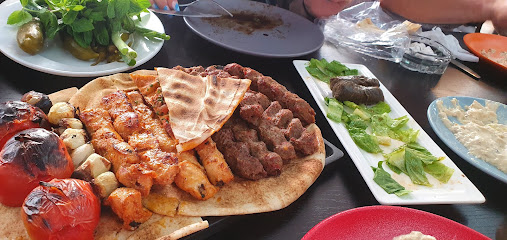
Bamboo Asian Cuisine
Experience authentic Asian flavors at Bamboo Asian Cuisine in Tripoli – where every dish tells a story.
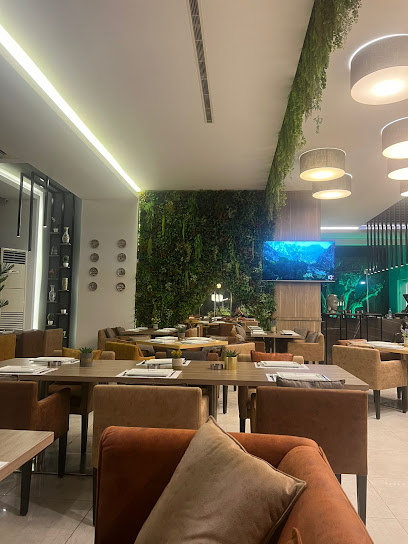
AlDannoun restaurant
Discover the flavors of Lebanon at AlDannoun Restaurant in Tripoli - a culinary experience rich in tradition and taste.
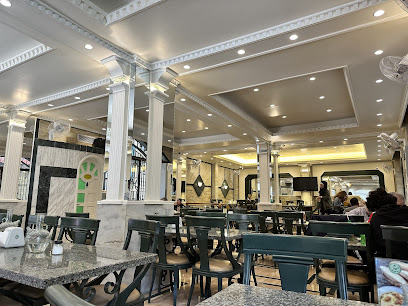
KEIF
Experience the vibrant flavors of Lebanon at KEIF in Tripoli - where tradition meets innovation in every bite.
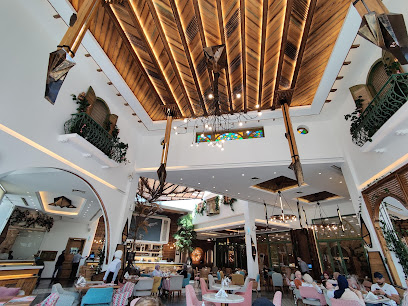
Rawand
Discover authentic Lebanese flavors at Rawand in Tripoli – where every meal tells a story of tradition and taste.
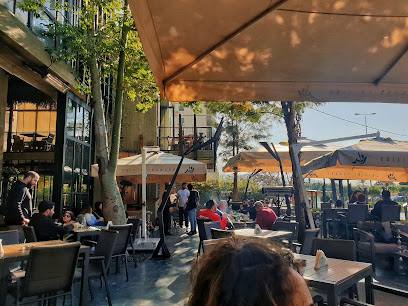
THE GRILL
Discover an eclectic blend of American, Italian, Mexican cuisines at The Grill in Tripoli - where every meal is a delightful experience.
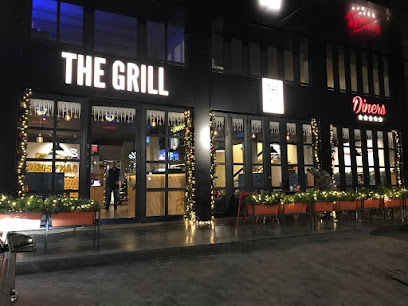
ورِد
Experience authentic Lebanese cuisine at ورِد, where every dish is crafted with passion in the heart of Tripoli.
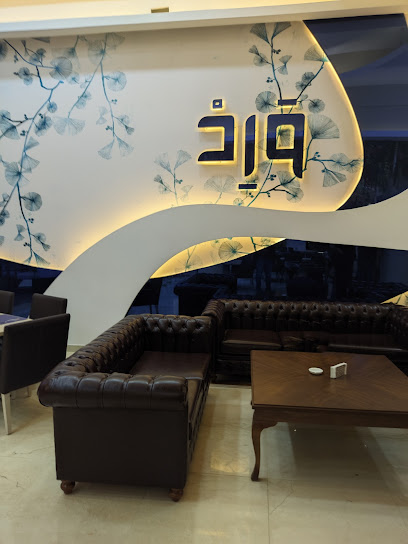
Rassif
Experience authentic Lebanese cuisine at Rassif in Tripoli - where tradition meets flavor in every dish.

Ginger's
Discover Ginger's in Tripoli - where authentic Lebanese flavors meet international culinary delights in a welcoming atmosphere.
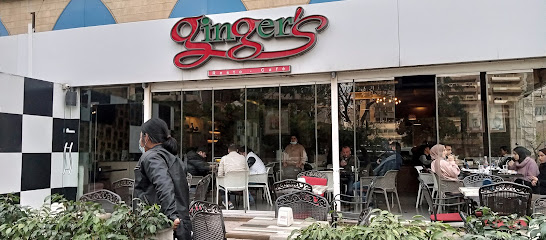
Markets, malls and hidden boutiques
Tripoli Square
Discover Tripoli Square in Bohssas: A vibrant shopping mall blending culture, cuisine, and community in the heart of Lebanon.
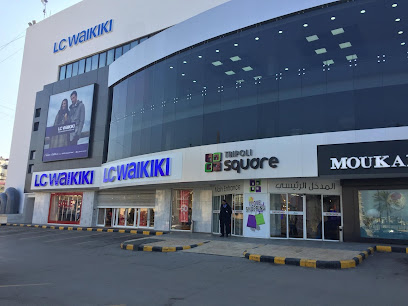
GS Tripoli
Discover the vibrant fashion scene at GS Tripoli, where local culture meets contemporary style in an unforgettable shopping experience.
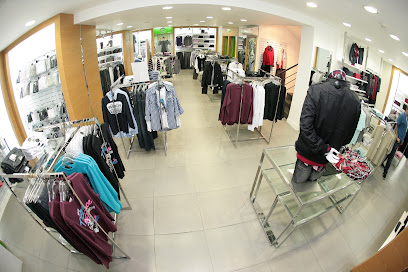
Antika
Discover Antika in Tripoli: a vibrant women's clothing store offering unique styles that blend contemporary fashion with local charm.
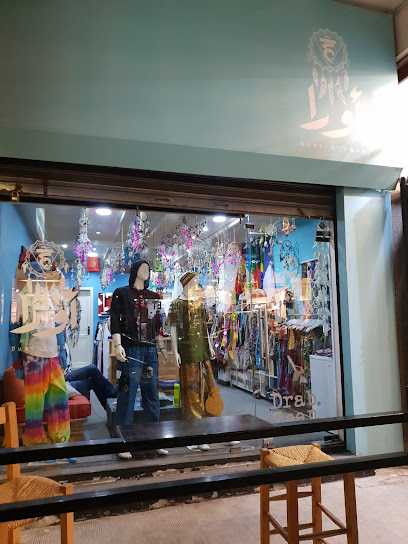
Croshina
Discover unique local crafts and treasures at Croshina, the must-visit store in Tripoli for an authentic Lebanese shopping experience.
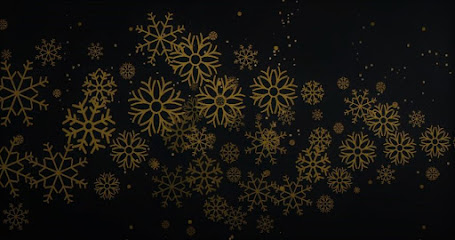
Centre Ville
Explore Centre Ville, the vibrant shopping mall in Tripoli, Lebanon, offering a unique blend of shopping, dining, and local culture.
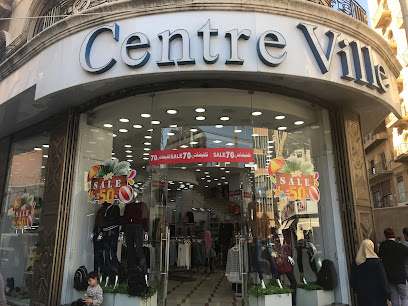
Surprise Gifts Shop
Explore Surprise Gifts Shop in Tripoli for unique souvenirs and gifts that celebrate Lebanese culture and creativity.
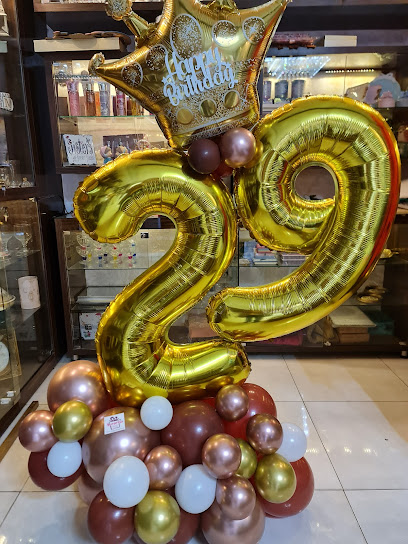
El Sayed Boutique
Discover exceptional men's fashion at El Sayed Boutique in Tripoli, where style meets sophistication in a curated shopping experience.
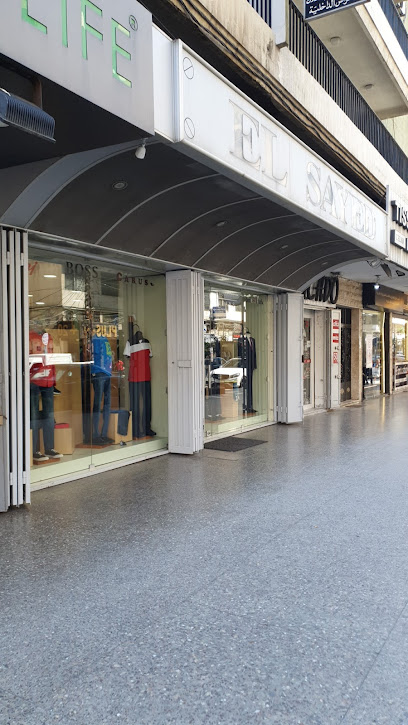
5ouza3balat
Explore the charm of Tripoli through unique gifts at 5ouza3balat, where local craftsmanship meets vibrant culture.
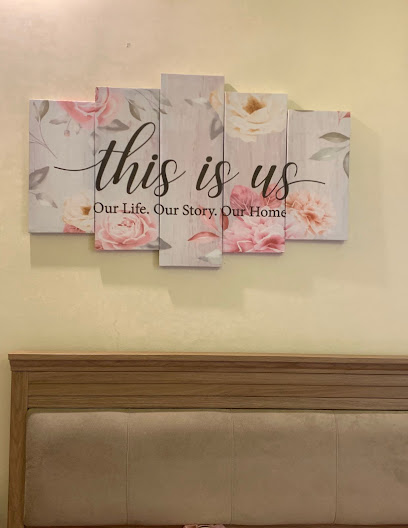
PORTOBELLO STORES
Discover unique styles and local fashion treasures at Portobello Stores in Tripoli, Lebanon.
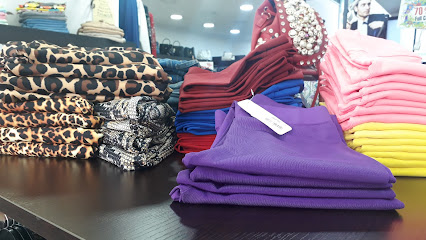
Joud Express
Explore Joud Express in Tripoli for a unique shopping experience filled with local crafts and treasures that reflect Lebanon's rich culture.
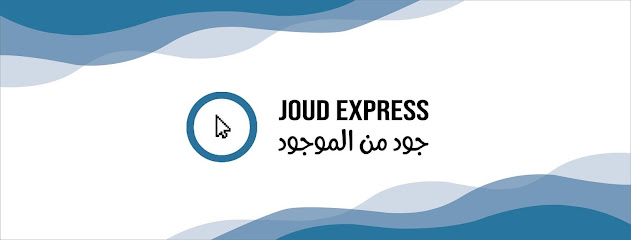
Doll Top
Discover a unique gift shop in Tripoli specializing in exquisite dolls and local treasures, perfect for souvenirs and collectibles.

Malak
Explore Malak in Tripoli for a unique blend of modern fashion and traditional Lebanese style, perfect for any tourist's wardrobe.
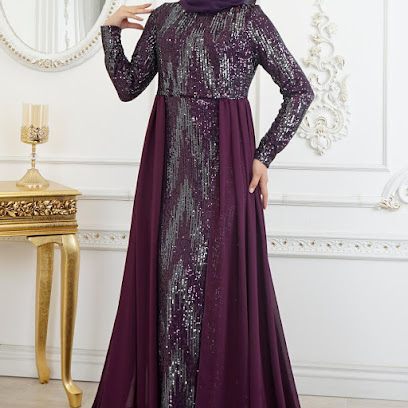
Vintage Fashion
Discover unique vintage styles at Vintage Fashion in Tripoli, where timeless elegance meets modern trends for every fashion enthusiast.
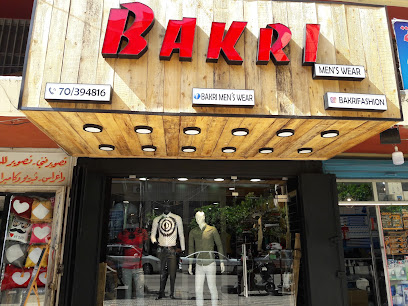
Be unique
Explore Be Unique in Mina for distinctive home goods that encapsulate the charm and culture of Lebanon, perfect for gifts and home decor.
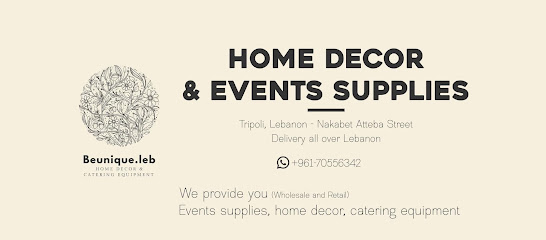
Home Touch
Explore Home Touch in Tripoli for unique, handcrafted gifts that embody the spirit of Lebanon, perfect for souvenirs or special occasions.
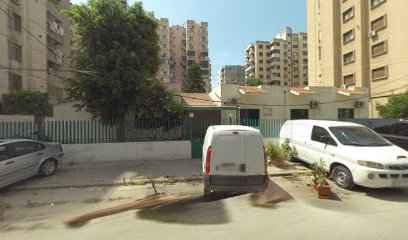
Essential bars & hidden hideouts
Dar Al Amar
Savor the authentic flavors of Lebanese cuisine at Dar Al Amar in Tripoli, where every dish tells a story of tradition and taste.
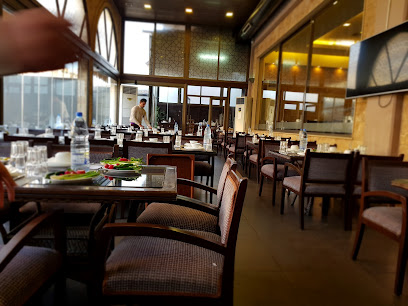
THE GRILL
Experience the best of American, Italian, and Mexican cuisine at The Grill in Tripoli, a perfect spot for food lovers and families.
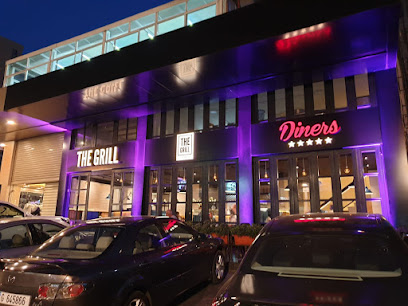
Famous Cocktail
Experience the vibrant nightlife of Tripoli at Famous Cocktail, where exquisite mixology meets a lively atmosphere for unforgettable evenings.
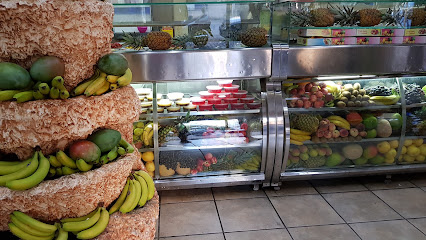
CAVA
Experience Mina's nightlife at CAVA, a vibrant bar serving creative cocktails and a welcoming atmosphere for all nightlife enthusiasts.
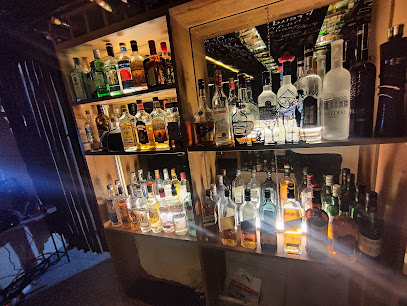
Rust bar
Experience the vibrant nightlife at Rust Bar in Mina, where expertly crafted cocktails and a lively atmosphere await every visitor.
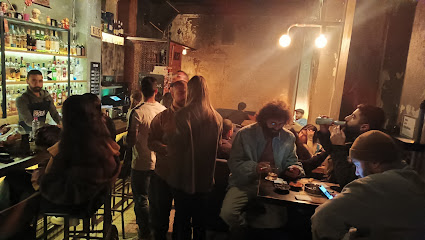
Mike's Pub & Lounge
Discover the lively spirit of Tripoli at Mike's Pub & Lounge, where great drinks and local culture come together for an unforgettable night.
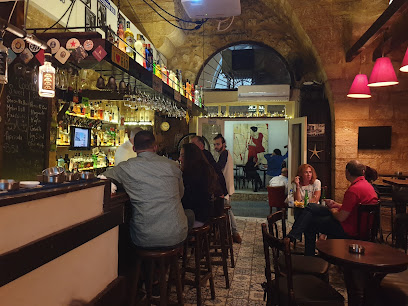
كوكتيل العوافي
Experience Tripoli's vibrant nightlife at كوكتيل العوافي, a cocktail bar offering exquisite drinks and a lively atmosphere.
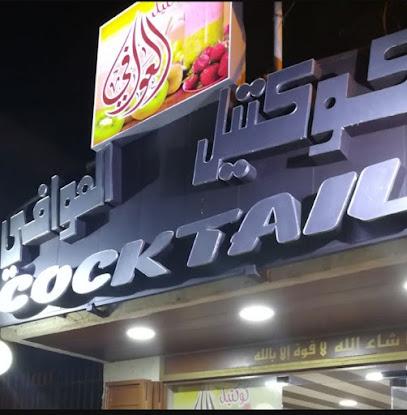
PSHeaven
Discover PSHeaven in Tripoli: a gaming lounge where excitement meets comfort, perfect for gamers seeking the ultimate experience.
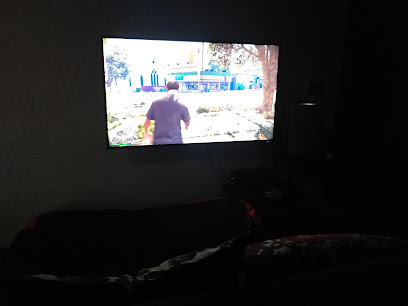
Aristo’s
Experience the vibrant nightlife at Aristo’s, Labban's top bar for cocktails, local culture, and unforgettable evenings with friends.
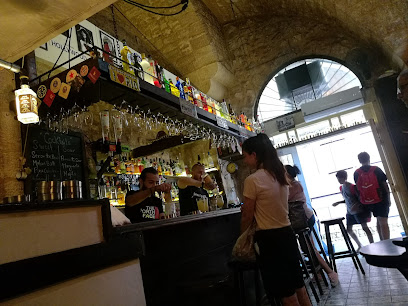
كوكتيل الهناء
Discover the vibrant cocktail scene at كوكتيل الهناء in Tripoli, where innovative drinks meet a lively atmosphere for an unforgettable night out.
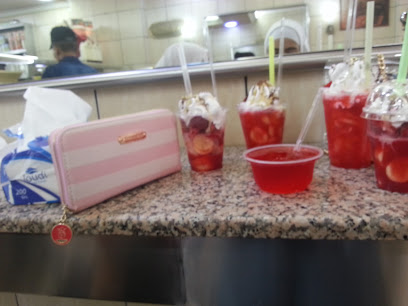
كوكتيل الهناء ليس لدينا فرع أخر
Experience the vibrant cocktail culture of Tripoli at Cocktail Al-Hanaa, your go-to bar for exquisite drinks and a relaxing atmosphere.
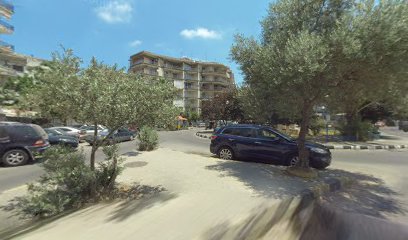
ملك العصير ابو الفهد
Experience the essence of Lebanese flavors at ملك العصير ابو الفهد - your go-to bar for refreshing juices in the heart of Tripoli.
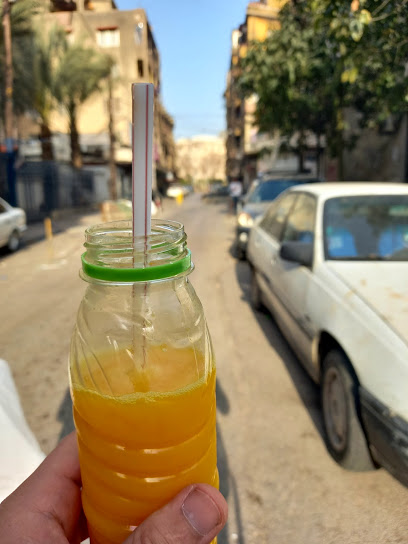
Mountada Lounge - منتدى الشمال
Experience the essence of Lebanese culture at Mountada Lounge in Tripoli, where relaxation meets rich flavors and vibrant ambiance.
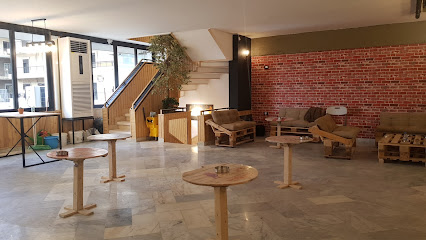
Tasnim
Experience the vibrant nightlife of Lebanon at Tasnim, a cocktail bar renowned for its exquisite drinks and lively atmosphere.
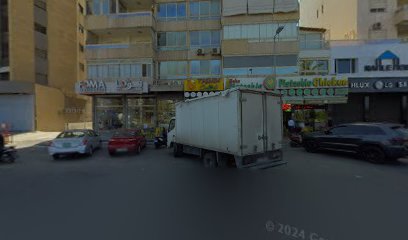
Code Pub
Experience the vibrant nightlife at Code Pub, a stylish lounge in Tripoli offering a diverse drink menu and a lively atmosphere.
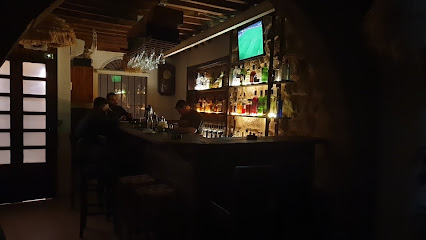
Local Phrases
-
- Helloمرحبا
[marhaba] - Goodbyeوداعا
[wada'an] - Yesنعم
[naam] - Noلا
[la] - Please/You're welcomeمن فضلك
[min fadlik] - Thank youشكرا
[shukran] - Excuse me/Sorryعذرا
[aathir] - How are you?كيف حالك؟
[kayfa halak?] - Fine. And you?بخير. وأنت؟
[bikhayr. wa'ant?] - Do you speak English?هل تتحدث الإنجليزية؟
[hal tatahadath al'iinjilizia?] - I don't understandأنا لا أفهم
[ana la afham]
- Helloمرحبا
-
- I'd like to see the menu, pleaseأود أن أرى القائمة، من فضلك
[awad an ara alqaimah, min fadlik] - I don't eat meatأنا لا آكل اللحم
[ana la aakul allahm] - Cheers!صحتين!
[sahatein] - I would like to pay, pleaseأريد أن أدفع، من فضلك
[uriid an adfa', min fadlik]
- I'd like to see the menu, pleaseأود أن أرى القائمة، من فضلك
-
- Help!النجدة!
[annajdah!] - Go away!ارحل!
[irhal!] - Call the Police!اتصل بالشرطة!
[itassil bialshurta!] - Call a doctor!اتصل بطبيب!
[itassil bitalib!] - I'm lostلقد ضللت
[laqad dalalt] - I'm illأنا مريض
[ana mareed]
- Help!النجدة!
-
- I'd like to buy...أود أن أشتري...
[awad an ashtari...] - I'm just lookingأنا فقط أتطلع
[ana faqat atatala] - How much is it?كم هو ثمنه؟
[kam hu thamanuhu?] - That's too expensiveهذا غالي جدا
[hatha ghali jiddan] - Can you lower the price?هل يمكنك خفض السعر؟
[hal yumkinuk khafdh alsu'r?]
- I'd like to buy...أود أن أشتري...
-
- What time is it?كم الساعة؟
[kam alsaa'ah?] - It's one o'clockالساعة الواحدة
[alsaa'ah alwahidah] - Half past (10)نصف العاشرة
[nisf al'ashirah] - Morningالصباح
[assabah] - Afternoonالمساء
[almasa'] - Eveningالمساء
[almasa'] - Yesterdayأمس
[ams] - Todayاليوم
[alyawm] - Tomorrowغدا
[ghadan] - 1واحد
[wahid] - 2اثنان
[ithnan] - 3ثلاثة
[thalatha] - 4أربعة
[arba'ah] - 5خمسة
[khamsah] - 6ستة
[sittah] - 7سبعة
[sab'ah] - 8ثمانية
[thamaniah] - 9تسعة
[tis'ah] - 10عشرة
[asharah]
- What time is it?كم الساعة؟
-
- Where's a/the...?أين ال...؟
[ayn al...?] - What's the address?ما هو العنوان؟
[ma hu al'unnwan?] - Can you show me (on the map)?هل يمكنك أن تريني (على الخريطة)؟
[hal yumkinuk 'an tarini (ala alkharee'tah)?] - When's the next (bus)?متى يصل الحافلة التالية؟
[mata yusal alhafilah alttaliyah?] - A ticket (to ....)تذكرة (إلى ....)
[tadhkirah (ila ....)]
- Where's a/the...?أين ال...؟
History of Tripoli
-
Tripoli, known as Trablous in Arabic, was founded in the 9th century BCE by the Phoenicians. It became a significant city-state due to its strategic coastal location and proximity to major trade routes. The city's name, which means 'Three Cities' in Greek, reflects its origins as three separate settlements established by the Phoenician cities of Tyre, Sidon, and Arwad.
-
During the Hellenistic period, Tripoli fell under the control of the Seleucid Empire and later the Roman Empire. The city flourished as a center of commerce and culture. Roman architecture, including aqueducts and temples, left a lasting mark on the city's landscape.
-
In the 4th century CE, Tripoli became part of the Byzantine Empire. The city remained an important commercial hub. With the advent of Islam in the 7th century, Tripoli was conquered by the Umayyad Caliphate, which introduced Islamic culture and architecture to the region.
-
Tripoli was a focal point during the Crusades in the 12th century. The Crusaders, led by Raymond IV of Toulouse, captured the city and established the County of Tripoli, one of the four major Crusader states in the Levant. The Crusader castle, known as the Citadel of Raymond de Saint-Gilles, still stands as a testament to this era.
-
In 1289, the Mamluks captured Tripoli and destroyed much of the Crusader city. They rebuilt it closer to the sea and introduced significant architectural developments, including mosques, madrasas, and khans. Tripoli became a major center for Islamic learning and commerce during the Mamluk period.
-
Tripoli came under Ottoman control in the early 16th century and remained part of the Ottoman Empire for over 400 years. The Ottomans further enhanced the city's infrastructure, adding hammams (public baths), souks (markets), and other civic buildings. The city's economy thrived due to its role as a key port and trade center.
-
Following the collapse of the Ottoman Empire after World War I, Tripoli was placed under French Mandate. The city witnessed significant modernization and growth during this period. Lebanon gained independence in 1943, and Tripoli continued to develop as a major urban center in the newly formed nation.
-
In the modern era, Tripoli has faced various challenges, including political instability and economic difficulties. However, the city remains a vibrant hub of culture, history, and commerce. Its rich tapestry of historical sites, such as the Great Mosque, the Citadel, and the bustling souks, attracts visitors from around the world.
Tripoli Essentials
-
Tripoli, Lebanon, is accessible via Beirut–Rafic Hariri International Airport, which is approximately 85 kilometers south of Tripoli. From the airport, you can take a taxi or a shared minibus (service) to Tripoli. The drive typically takes around 1.5 to 2 hours depending on traffic. Additionally, there are bus services that operate between Beirut and Tripoli, providing a more budget-friendly option for travelers.
-
Within Tripoli, you have several transportation options including taxis, shared minibuses (services), and rental cars. Taxis are readily available and can be hailed on the street or booked through a phone call. Shared minibuses are a common and inexpensive way to travel within the city and to nearby areas. For more flexibility, renting a car can be a good option. Walking is also feasible for exploring the historical parts of the city.
-
The official currency in Lebanon is the Lebanese Pound (LBP), but US Dollars (USD) are also widely accepted. Credit cards are commonly accepted in hotels, restaurants, and larger shops, but it is advisable to carry cash, especially when visiting smaller establishments and local markets. ATMs are widely available throughout Tripoli, where you can withdraw both LBP and USD.
-
Tripoli is generally safe for tourists, but it's important to take standard precautions. Avoid walking alone at night in unfamiliar areas and keep an eye on your belongings in crowded places. Some neighborhoods, such as those near the Syrian border or areas with political tensions, should be avoided. Always stay informed about the current local situation by checking travel advisories.
-
In case of emergency, dial 112 for police assistance, 140 for medical emergencies, and 175 for the fire department. Tripoli has several hospitals and clinics where you can receive medical care. It is strongly recommended to have travel insurance that covers medical emergencies. For minor health issues, there are numerous pharmacies throughout the city where you can purchase over-the-counter medications.
-
Fashion: Do dress modestly, especially when visiting religious sites. Avoid wearing revealing clothing. Religion: Do respect local customs and traditions; for example, remove your shoes and cover your head when entering mosques. Public Transport: Do be respectful and give up your seat to elderly passengers. Don’t eat or drink on public transport. Greetings: Do greet people with a handshake or a nod. Using Arabic phrases like 'Marhaba' (hello) can be appreciated. Eating & Drinking: Do try local delicacies and accept food offerings graciously. Don’t refuse hospitality, as it is considered impolite.
-
To experience Tripoli like a local, visit the traditional souks (markets) where you can find everything from fresh produce to handmade crafts. Engage with the local vendors and try some street food like 'Kaak' (sesame bread) or 'Falafel.' Don’t miss visiting the Citadel of Raymond de Saint-Gilles and the Al-Mina area for a walk along the Mediterranean coast. Participate in local festivals and events to immerse yourself in the culture.
Trending Landmark in Tripoli
Nearby Cities to Tripoli
-
Things To Do in Sabratha
-
Things To Do in Leptis Magna
-
Things To Do in Zliten
-
Things To Do in Misrata
-
Things To Do in Djerba
-
Things To Do in Sfax
-
Things To Do in Zurrieq
-
Things To Do in Mqabba
-
Things To Do in Rabat
-
Things To Do in Marsaxlokk
-
Things To Do in Mdina
-
Things To Do in Zejtun
-
Things To Do in Tarxien
-
Things To Do in Paola
-
Things To Do in Marsa












